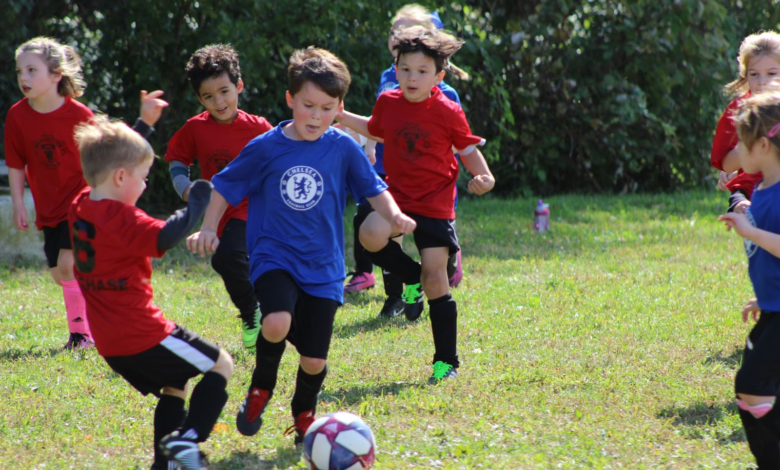7 Important Benefits of Playing Sports for Kids

Playing sports for kids offers numerous benefits, including physical and emotional benefits. While some might think that sports are just for adults or teenagers, exposing your children to these activities at a young age has critical advantages. It hones them physically and helps with their social and mental development.
This article will go over the detailed benefits of playing sports for kids, so if you have a little one, these things will help you decide to start them young:
Physical Fitness and Sports for Kids
First, we know that playing sports helps with an individual’s physical fitness, including kids. Engaging in sports helps children develop motor skills, coordination, and strength. Like everyone else, regular physical activity improves cardiovascular health, muscle development, and overall fitness.
Healthy Lifestyle Habits
As a benefit of playing sports for kids, you can promote healthy lifestyle habits early. Kids who play sports are more likely to lead active lifestyles, which lowers their risk of obesity and other linked health problems. It instills habits of regular exercise and promotes lifelong wellness. Remember that what the kid experiences and incorporates into their routine plays a role in their lifestyle in the long run.
Social Skill Development
One of the most important developmental skills for kids is social skills. Exposing your kid to activities such as team sports provides opportunities to interact with peers, collaborate, and communicate effectively with them. Playing sports for kids teaches them essential social skills such as teamwork, cooperation, sportsmanship, and leadership.
Self-Confidence
Further, playing sports can help boost kids’ self-confidence. Success and improvement in sports activities can enhance children’s self-esteem and confidence. They also learn to overcome challenges, set and achieve goals, and be recognized for their efforts, contributing to a positive self-image.
Discipline and Responsibility
As we know, playing sports requires dedication, commitment, and adherence to rules and regulations. So, by exposing kids to sports at an early age, they learn the value of discipline, responsibility, and time management. Discipline and responsibility align with balancing practice, games, and other commitments, including school activities.
Cognitive Development
Sports involve strategic thinking, problem-solving, and decision-making, which stimulate cognitive development in children. They learn to anticipate actions, analyze situations, and make quick and effective decisions. As they grow up, their mental skills are the same as those needed in PBA Odds to make more informed and wise decisions.
Healthy Competition
Finally, healthy competition in sports teaches children valuable lessons about fairness, respect, and integrity. They learn to compete ethically, show respect for opponents, and accept both victory and defeat gracefully. Healthy competition is a valuable learning that kids can take with them as they grow up so they’ll know how to take both wins and losses in the future.
Wrapping Up
These are just some of the benefits of playing sports for kids but also critical aspects of a child’s development. Overall, playing sports offers a holistic developmental experience for children, encompassing physical health, social skills, emotional well-being, and personal growth. Further, it lays the foundation for a healthy, active, and fulfilling life.




